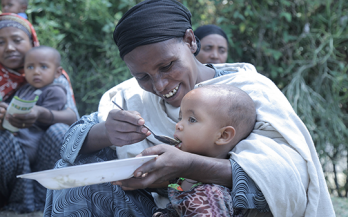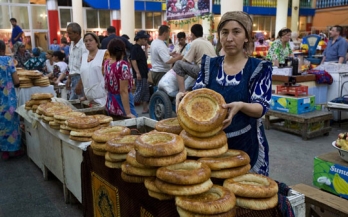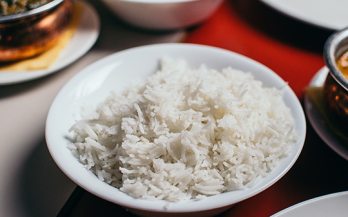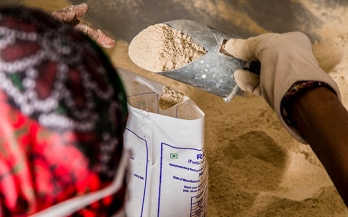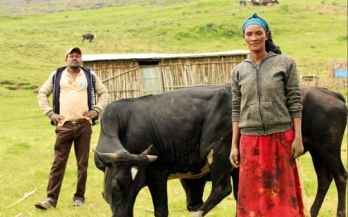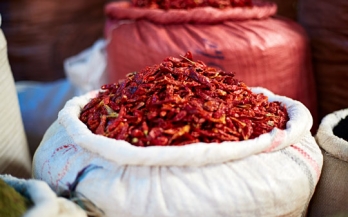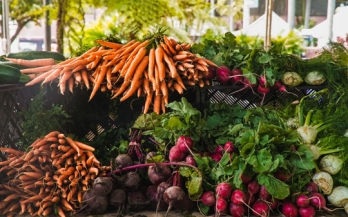- 20/06/2018
This chapter summarises the global status of national mandated fortification programs, and outlines a national fortification delivery model to illustrate how policy can be designed that builds, improves, measures and sustains mandatory large-scale industrial fortification as an effective public health tool.
- 01/09/2010
The main objective of this study was to evaluate the consumption coverage of iron-fortified wheat flour and folic acid and vitamin A-enriched vegetable oil in Côte d'Ivoire. It has deployed a scientific device that combines a survey of the target of the fortification, the Ivorian population, with a sampling of the oils and flours consumed by it, and with laboratory analyses to evaluate the adequate fortification,
- 01/01/2016
The program has an emphasis on improving fortification processes, regulations and monitoring in the region, in particular for flour exports from Kazakhstan to Afghanistan and edible oil exports from Pakistan to Afghanistan.
- 01/01/2008
The Nutrition of the Department of Health issued a Tender for a national survey with the aim of establishing baseline information on the predisposition of people to food fortification as well as establishing selected blood micronutrient values in children aged 1 – 9 years and women of child bearing age. This report summarises the key findings of this national survey.
- 01/08/2016
In an effort to address these evidence gaps, the Global Nutrition Report of 2014 and the Micronutrient Forum 2014 Global Conference proceedings specifically highlighted the need to pay more attention to programme coverage as the main approach to assessing the availability, access and utilisation of nutrition programmes. This paper calls for renewed and coordinated efforts to better track programme coverage and to build systems for data-driven decision-making.
- 01/01/2019
This guide uses insights from existing inclusive business partnerships (IB) partnerships to guide NGOs and companies through the process of engaging in IB partnerships. The guide also describes how NGOs and companies can generate internal buy-in for IB partnerships, and how they must change internally in order to enable successful collaboration.
- 01/07/2017
This study assessed the analytical capability and readiness of selected laboratories to analyse fortified food. Samples of salt, edible oil, maize meal, and wheat flour were spiked with known levels of iodine, vitamin A and iron as appropriate and sent to participating laboratories on three separate occasions.
- 01/09/2015
This report reviews laws and policies covering the fortification of wheat flour in the Central Asian Republics of Kazakhstan, Kyrgyzstan, Tajikistan and Uzbekistan as well as Afghanistan and Pakistan, and also the fortification of edible oil in the latter two countries.
- 28/02/2012
Dietary assessment data are essential for designing, implementing and evaluating food fortification and other food‐based nutrition programs. This paper strives to fill this gap in the literature while providing practical guidance to inform programming decisions.
- 11/08/2015
This assessment of the wheat flour milling industry in Tajikistan looks at the current picture of the flour produced and sold in the country and the existing fortification provisions, identifies gaps and challenges in the milling industry in relation to future fortification efforts, and presents recommendations to enact and implement legislation to enhance flour fortification and therefore the nutritional standards of the population.
